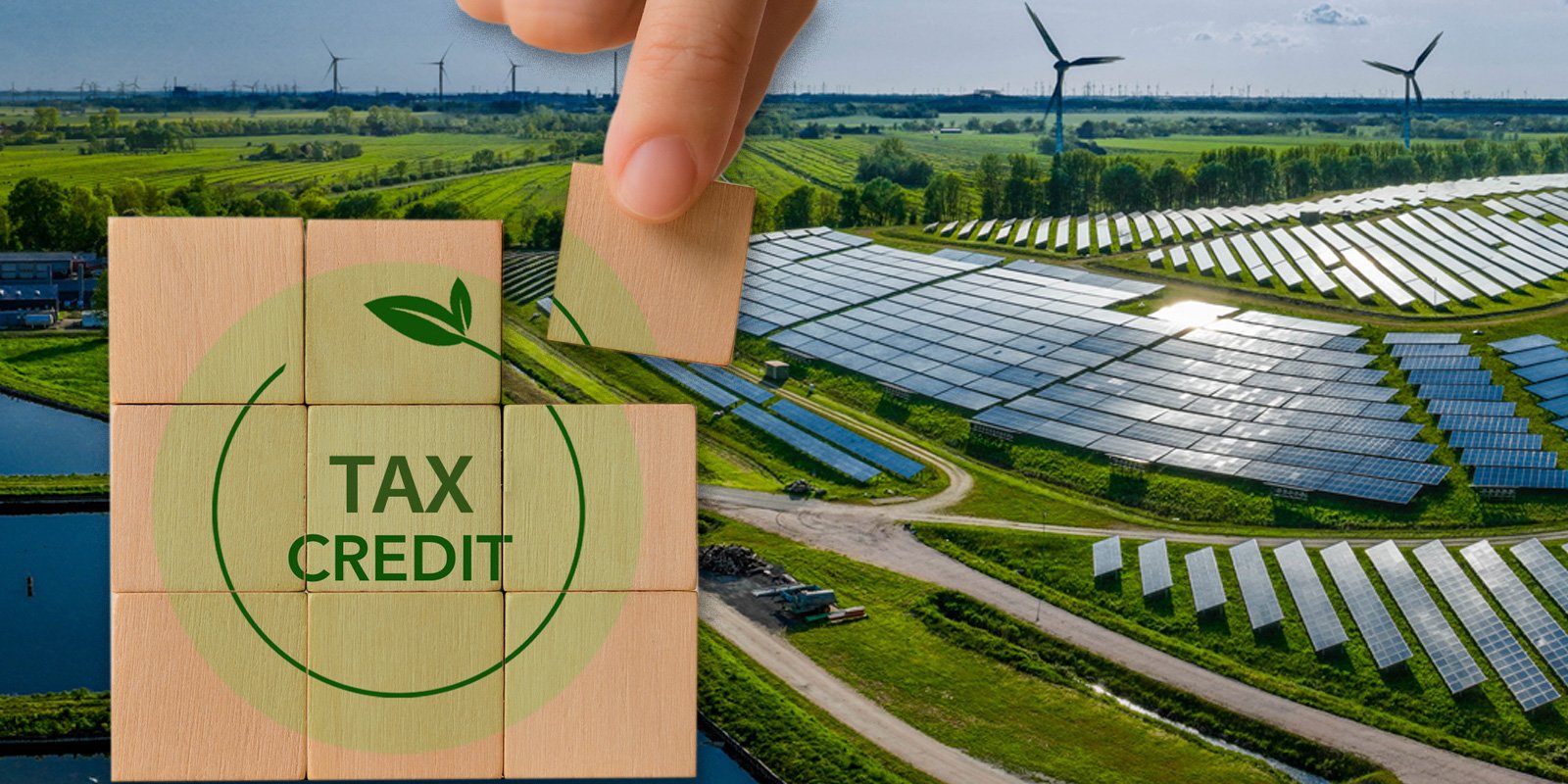
The One Big Beautiful Bill Becomes Law: Impact on Clean Energy Tax Credits
The One Big Beautiful Bill Act modifies the requirements for clean energy tax credits.
After successfully passing both the House of Representatives and Senate, the One Big Beautiful Bill Act (the "OBBBA") was signed into law by President Trump on July 4, 2025. The OBBBA includes numerous changes to the energy tax credits initially introduced and expanded under the Inflation Reduction Act of 2022 (the "IRA"). Nearly every clean energy tax credit is impacted by the changes, which include accelerated phase outs and the introduction of restrictions on assistance by certain foreign entities. A few major changes to the credits introduced under the OBBBA are highlighted below.
Termination and Phase Out
The electric vehicle credits will be eliminated almost immediately (after September). The Section 45V hydrogen production credit will no longer be available for projects that begin construction after 2027 (a two-year extension from the initial draft of the OBBBA). The Section 48E clean electricity investment credit and Section 45Y clean electricity production credit will also face an accelerated phase out, particularly for wind and solar. Sections 48E and 45Y will be available for wind and solar projects only if the project is placed in service before 2028 (unless beginning construction within 12 months of the enactment of the OBBBA). All other qualifying projects under Sections 48E and 45Y will begin to phase out only for facilities that begin construction after 2033, and will phase out completely for facilities beginning construction after 2035. The Section 45Z clean fuel production credit will fare better, being extended through 2029.
Foreign Entity Restrictions
The OBBBA restricts entities organized or located in specific non-U.S. countries (e.g., China, Russia) from obtaining certain credits directly or indirectly, investing in projects resulting in these credits, and, in some instances, contracting with the entities obtaining the credits. To ensure continued eligibility for the energy credits, companies will need to analyze their ownership structure and supply chains with these new limitations in mind.
Transferability
Transferability was originally set to be eliminated under the House's version of the bill. However, as passed by Congress, the OBBBA retains the ability to sell energy tax credits for cash as introduced under the IRA.
Regulations implementing these new provisions are expected to be issued, and we will continue to monitor developments as further guidance becomes available.






